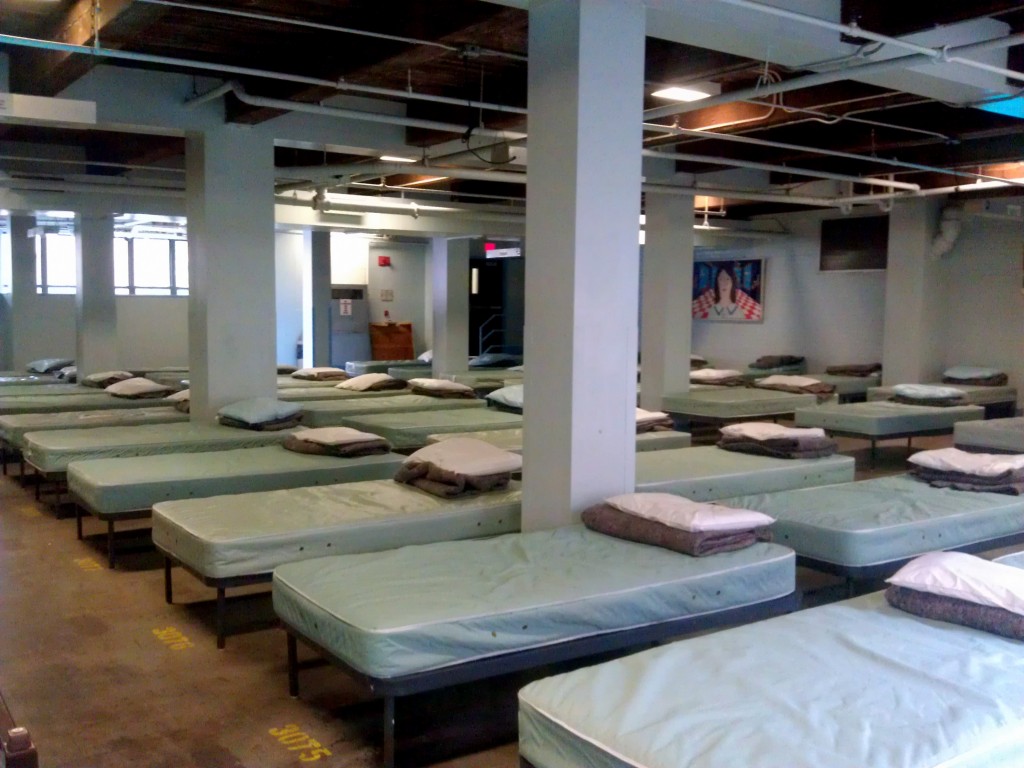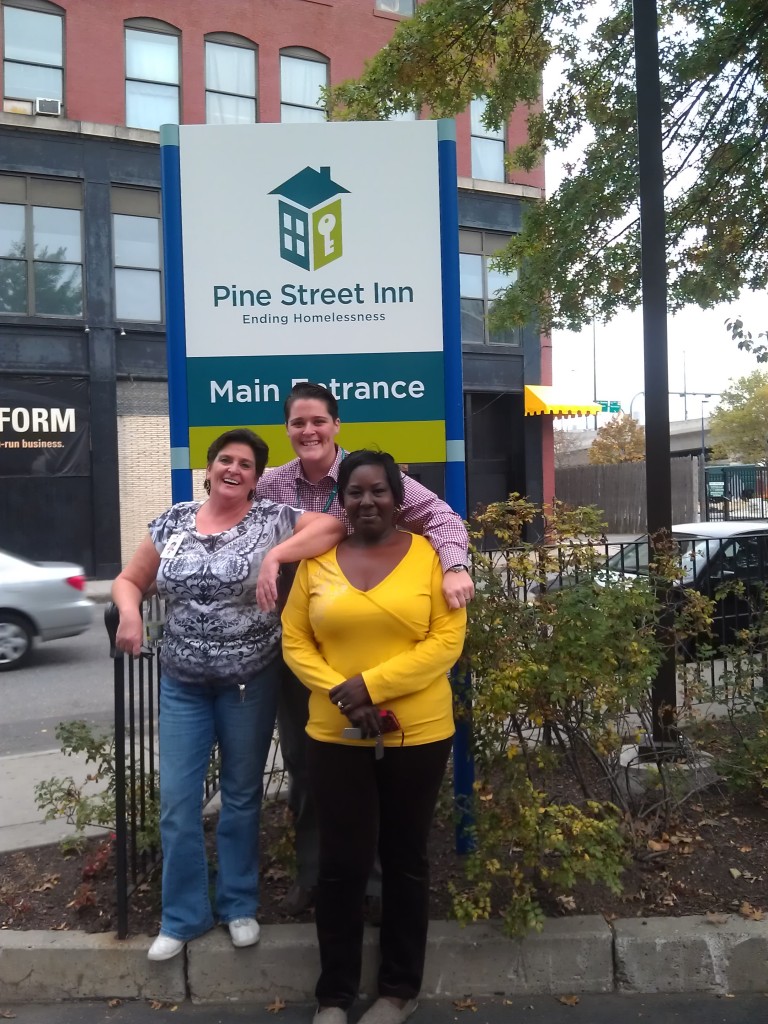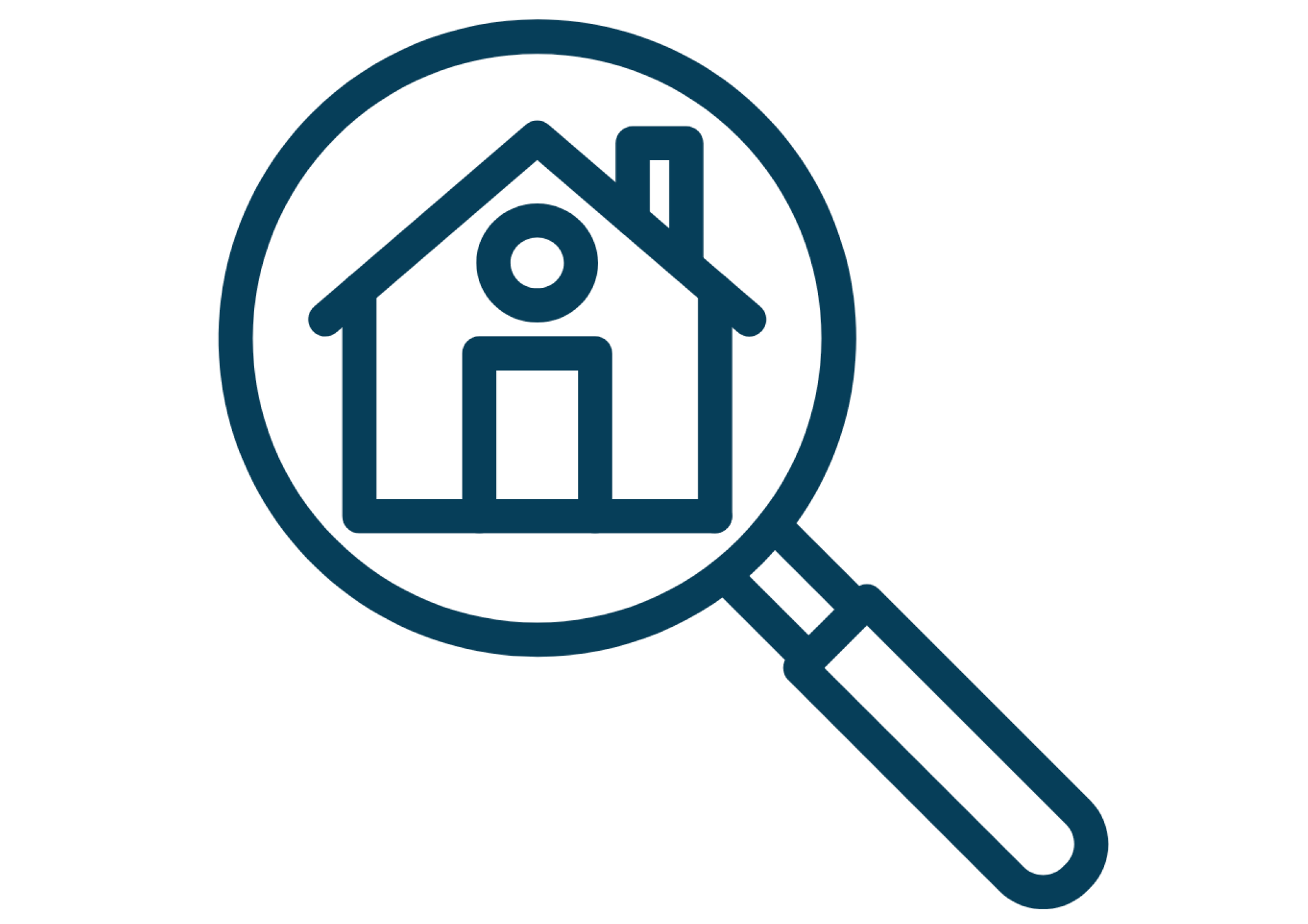The Massachusetts Legal Clinic for the Homeless was founded in 1994. Since that time, it has served over 2800 homeless and at-risk individuals, connecting them with volunteer attorneys who provide pro bono legal aid in cases of social security, housing, CORI, and more. To honor the clinic as it heads into its twentieth year, we will be continuously profiling the people who help out behind the scenes.
Driving on I-93 over South Boston, one might notice a thin terracotta tower rising above the nondescript brick buildings near the highway. Once a drill tower used for training fire department recruits who lived and worked in the attached Boston Fire Department Headquarters, it now shares the skyline with the city’s more modern and formidable buildings.
The tower might not earn more than a passing glance from most, but it means something to the men and women who have flocked to it since 1980, when the building was converted into a homeless shelter.

For the past 34 years, Pine Street Inn has occupied the former Fire Department Headquarters and another attached building at 444 Harrison Avenue in Boston’s South End. Originally located on Pine Street in Chinatown, the shelter moved when it could no longer accommodate the increasing number of homeless men and women, many of whom found themselves adrift in the city after mass closings of psychiatric facilities during the 1970s.
Pine Street is the largest homeless shelter and provider of homeless assistance in New England, serving more than 1,600 people daily and 9,500 people annually, through a mix of housing, employment, and outreach programs. For the past 20 years, the shelter has also offered a legal clinic for its guests, run by the Lawyers Clearinghouse.
Three Pine Street employees help coordinate the legal clinic: Sharron Dillard, Jennifer Payne, and Elizabeth Condron.
Sharron was a young mother looking for a job. Her mother worked in the women’s shelter, and she helped Sharron get a position as a direct care staff member in the men’s shelter. In 2006, Sharron became a case manager at the Men’s Inn.
Beyond coordinating the legal clinic, Sharron meets with guests in the men’s shelter, where they discuss housing, substance abuse treatment, food stamps, and upcoming appointments. She said a big part of her job is helping guests gain the confidence to take the steps necessary to move on from Pine Street, because often people stop believing in themselves when they have been in the shelter system for a long time.

Jennifer was tired of her job in food service, and her husband worked at the Men’s Inn, so she applied and was hired as relief staff in the Women’s Inn. Now she is the Supervisor of Advocacy and Case Management for the Women’s Inn.
Like Sharron, Jennifer identifies guests’ needs and tries to steer them in the right direction. She said that in the social services one learns to celebrate small successes. “For some folks, success means getting housing, for other folks, success means taking a bath every day,” she said.
Elizabeth was working at hopeFound, a shelter and substance abuse treatment center, when it merged with Pine Street in 2012. She works in volunteer programs and oversees the Homeless Court program.
After getting a degree in criminal justice, Elizabeth felt it was her duty to give back. Prior to her work in human services, she worked for three years with the Worcester County District Attorney’s office. Her work at organizations assisting individuals was born out of her belief that the adult population remains underserved.
“Homelessness is something I am really passionate about. It’s a hard place to be in when you are without a home, one of basic needs in life. The barriers facing our population are numerous – the largest of which is the lack of legal assistance. Programs like Homeless Court and Lawyers Clearinghouse help our clients get back on track and eventually obtain employment and housing,” she said.
Once a month she attends the Homeless Court, which is held at Pine Street. At the court, Judge Kathleen Coffey meets with people who are homeless or formerly homeless and who have outstanding warrants for misdemeanors or non-violent crimes. Their cases are closed in exchange for the successes they have achieved in a treatment program and/or the hard work they have put in outside of the court system.

“I think a lot of folks end up here at Pine Street because, for whatever reason, they have difficulty navigating the systems to begin with – the Boston Housing Authority system, the medical system, booking appointments and that kind of thing. Imagine if you were dealing with mental illness and trying to fight an unfair eviction. That’s where the Lawyers Clearinghouse comes in and navigates that system,” Jennifer said.
The number of homeless adults in emergency shelters in Boston has risen 10.5% over the last year [source], and Mayor Marty Walsh referred to the overall increase of homeless adults and families as “startling.”
Despite a growing homeless population, Pine Street and other emergency shelters have not received funding in line with inflation [source].
“We know our heating costs have gone up in the shelter, insurance has gone up, the cost of furniture has gone up…I’d like to see more money in emergency shelter, because this is where it starts; this is where the process begins,” Jennifer said.
Though Pine Street staff strive to see their clients get permanent housing, it does not solve everything. Even when people are able to acquire housing, and even with the ongoing support of staff, they may find it hard to become self-sufficient. Sharron said she sees some people come back to Pine Street because they struggle to keep up with the cost of living once they are on their own. Often she visits old clients to check in and provide extra support.
These three women make up only a fraction of the dedicated staff working to create a safe and dynamic space for Pine Street guests. They have learned to think on their feet, be creative, and not let anything surprise them. Elizabeth said such work requires a firm belief in the mission of Pine Street. “Staff believe in our mission to end homelessness and that is why we have chosen to work at such a great organization,” she said.
Those who work with underserved populations are often best able to recognize that only circumstance separates them from the experiences faced by their clients. It is a lesson in humility and service without judgment.
Said Jennifer: “Kindness matters. Nobody is immune to substance abuse, nobody is immune to a mental health episode, nobody is immune to a bad financial climate. It could be any one of us, so be nice to everybody.”


